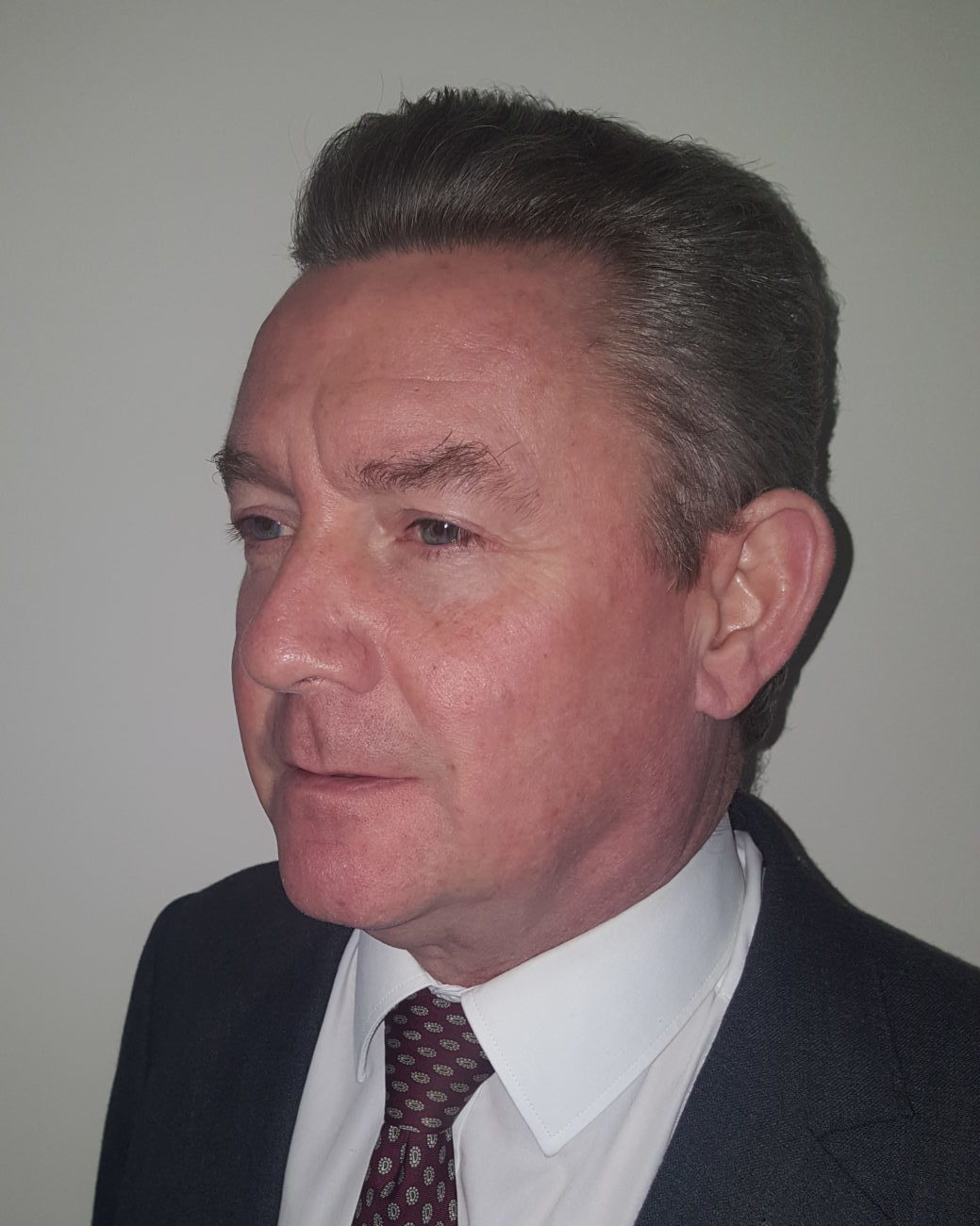During the 2019 SAFETY4SEA London Forum, Mr. Ian Adams, Executive Director, CSA2020, briefed on the drivers behind the Clean Shipping Alliance 2020 and why scrubbers are considered as a viable option to meet 2020 deadline.
Clean Shipping Alliance was formed in 2018, so we are a relatively new association aiming to educate the industry. There has been a lot of ‘mistruths’ stated about scrubbers and we are keen to try to dispel the myths. We have 39 members and are growing by the week with new members. It seems that we are seeing reports daily of shipowners installing scrubbers. They can’t all be wrong. We think there is going to be somewhere in the region of 2,500 scrubbers in operation by 1st January 2020 and there are still more on order. But January 2020 is not a drop-dead date to have the scrubbers installed by. They of course can have them installed in 2020, 2021, 2022, to comply using HSFO.
A scrubber can enable high Sulphur fuel to be used and still comply with the MARPOL Annex VI requirements which have also been paraphrased as IMO 2020. It is MARPOL Annex VI, the revised version agreed in IMO in 2008. The original MARPOL Annex VI was agreed in 1997, was ratified in 2005 and came into force in 2006. The revision process started in 2005, as soon as it was ratified. I think the important thing to remember is the original MARPOL Annex VI contained regulation 4 which was entitled ‘Equivalents’. That regulation allowed the use of technological abatement to comply with either regulation 13, the NOx, or the regulation 14, the SOx. So, it is not new and is certainly not a way round the regulations. It is a way of complying with regulations, as stipulated right from the start.
When you install a scrubber and you are consuming fuel up to 3,5% or even higher fuel, that scrubber is able to comply with not only the 0,5% reg, but also the Emission Control Area (ECA) regulation of 0,1% Sulphur. So effectively, people that have installed exhaust gas cleaning systems, will be complying with ECA globally, which means they are going to be over complying with regulations globally.
The additional benefit of scrubbers is they remove other things from the exhaust, such as black carbon, particulates, polycyclic aromatic hydrocarbons, all these things harm human health. Another thing that we must bear in mind is that MARPOL ANNEX VI is about air pollution, it’s about cleaning the air we breathe.
In ports EGCS are extremely useful because that’s where ships are closest to human beings.
There’s research that has been published in Japan, where the Japanese government did a study by modeling the effects of scrubbers and their wash water on the seas around Japan. They referred to the worst-case scenario which was 100% ship compliance by using scrubbers. They modelled it for a 10-year period and the conclusion they came to was: there’s no scientific reason to believe that the wash water from the exhaust gas cleaning systems has any harmful effect on the sea.
Their conclusion was also that the use of scrubbers was actually better than the use of compliant fuel. There’s a number of reasons for that. Compliant fuel, distillates, mainly, even these hybrids that we’re going to have, are going to be largely distillate based. They may have an element of heavy fuel in there but the vast majority is going to be distillate.
When you burn distillates, you get pm 2.5 in greater quantities that you do when you burn heavy fuel, where the majority of the pm there is 10 rather than 2.5.
Pm 2.5 is the stuff that can bypass our system of prevention of particles entering our lungs, our hair in our nose, and goes straight through to the lungs and in some cases it passes straight into the bloodstream.
So, when we talk about human health, it’s not always best to use the compliant fuel. But with the use of an exhaust gas cleaning system you remove large amount of that particulate matter.
Open loop scrubbers have been in existence for years. Power stations have been using them, literally discharging straight into the sea, and the studies have shown that there was no harmful effect from the use of exhaust gas cleaning systems.
We’ve also had them in use on tankers, in their inert gas generators; that’s a scrubber by another name. The only difference is that they experienced a lot of trouble with them because the materials were not as high spec as the ones we use now in scrubbers, having built the knowledge of what materials are required – quite exotic materials in some cases – because there is a certain amount of acidification in the reaction process prior to it becoming sulfate in water.
The facts are:
- Up to 99% of sulphur dioxide
- Up to 94% of particulate matter
- Up to 60% of black carbon
- Significant amount of PAH
It is worth noting that the sea is the natural sink of the Sulphur. The sea has sulfate in abundance naturally occurring and it’s also where ultimately the Sulphur dioxides that are emitted by combustion end up.
The problem is that if it goes up it turns to acid rain with fresh water and then when it comes down to land it affects human health and the landscape and the buildings and that was identified as a particular problem in Scandinavia, hence where the first ECA was in the Baltic Sea.
If you took all the Sulphur which will be in the form of sulfate out of the sea water as a layer at the bottom of the sea, it would be 5 feet deep. It you took all the Sulphur in the known oil reserves around the world and put all that Sulphur in the sea with that 5-foot depth you would add the equivalent of one sheet paper.
It is not going to do any harm whatsoever.
In conclusion, I would suggest:
- Removing the sulfur compounds from the exhaust gas reduces the potential of the formation of acid rain and the impact on humans and other living organisms.
- Taking sulfur from the air and putting it into the ocean should not be seen as a concern because this is an inevitable process that happens naturally anyways.
- Open loop scrubbing is nothing new and has been used for years by coastal power stations and refineries, and by oil tanker inert gas (IG) systems when in port without environmental issues.
- Scrubbers do a fantastic job in improving local air quality. The removal of up to 99% of SOx, up to 94% of PM and up to 60% of BC, means the risks to human health and the corresponding burden on public health services are drastically reduced.
- Removal of BC slows down ice melt, which would ultimately contribute to rising sea levels.
What’s more, from an air quality point of view, operating a ship on HSFO in combination with a scrubber produces cleaner air emissions than operating on LSFO or MGO. Less refining also means less GHG emissions associated with HSFO vs MGO.
Above text is an edited version of Mr. Ian Adams’ presentation during the 2019 SAFETY4SEA London Conference.
You may view his presentation herebelow
The views presented hereabove are only those of the author and not necessarily those of SAFETY4SEA and are for information sharing and discussion purposes only.

Ian Adams, Executive Director, Clean Shipping Alliance 2020
Ian Adams has been involved in the Shipping Industry since 1985 in various capacities, with P&O Cruises, Deep Sea Seals and Hamworthy. He is currently Executive Director of the Clean Shipping Alliance 2020 (CSA 2020) and Managing Director of IMA Marine Ltd. He was appointed Chief Executive of The International Bunker Industry Association (IBIA) in February 2009, after having been its Secretary-General for seven and a half years. During his time there, Ian gained consultative status at the International Maritime Organization (IMO) for IBIA. This resulted in him being involved in the process of the revision of MARPOL Annex VI. He was a member of the IMO Secretary General’s Scientific and Industry Expert Panel during 2007. He left IBIA in July 2011. With his wide experience, Ian continues to be in demand to present at conferences around the world about emissions from ships. He is a Fellow of the Institute of Marine Engineering Science and Technology (IMarEST) and has served on the Council as well as being a Past President of the Southern Joint Branch (SJB) in the United Kingdom.
Founded in 2011, IMA Marine Ltd is a Marine Consultancy providing consultancy, acting as an expert witness, training, research and advice within the marine industry.

































































